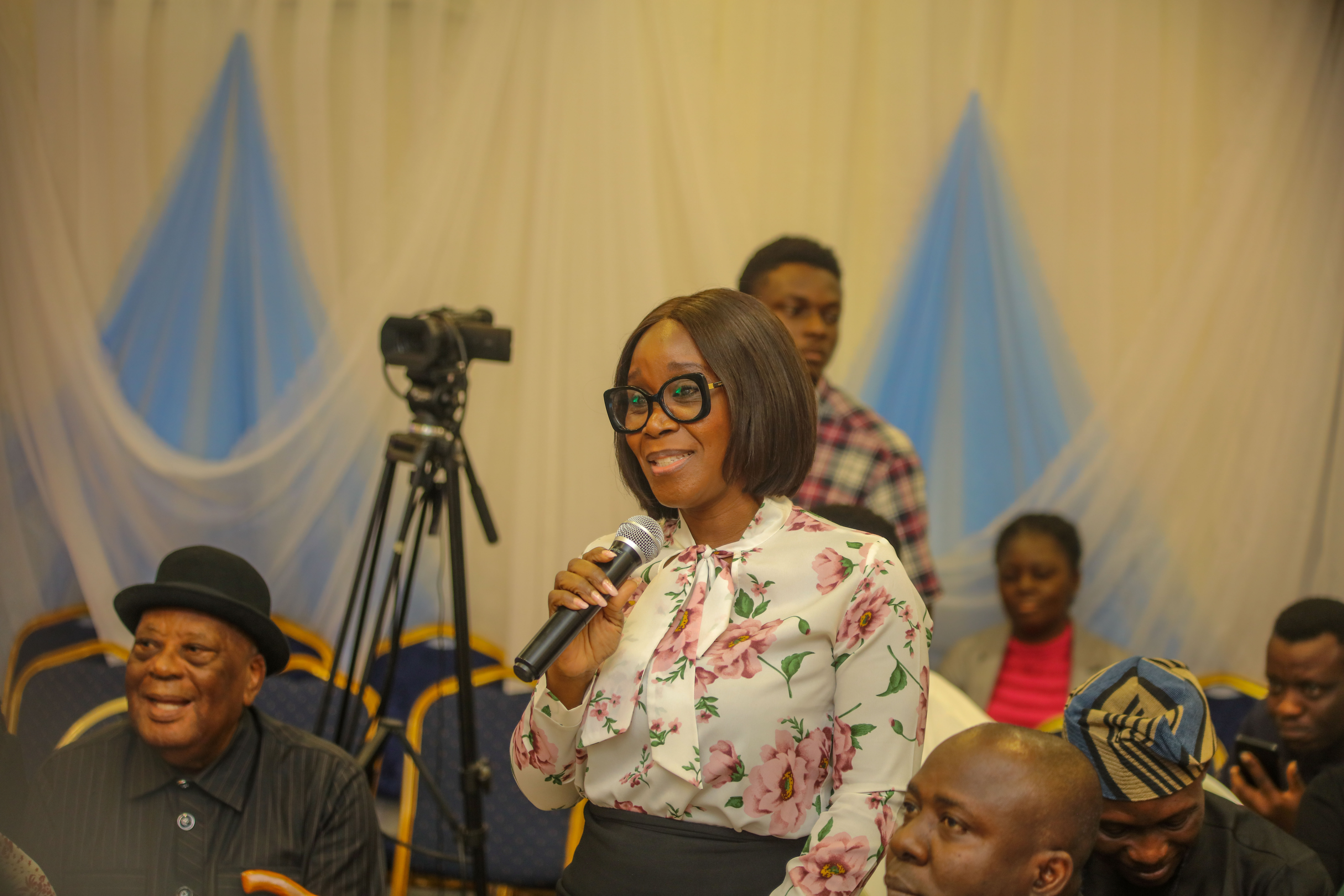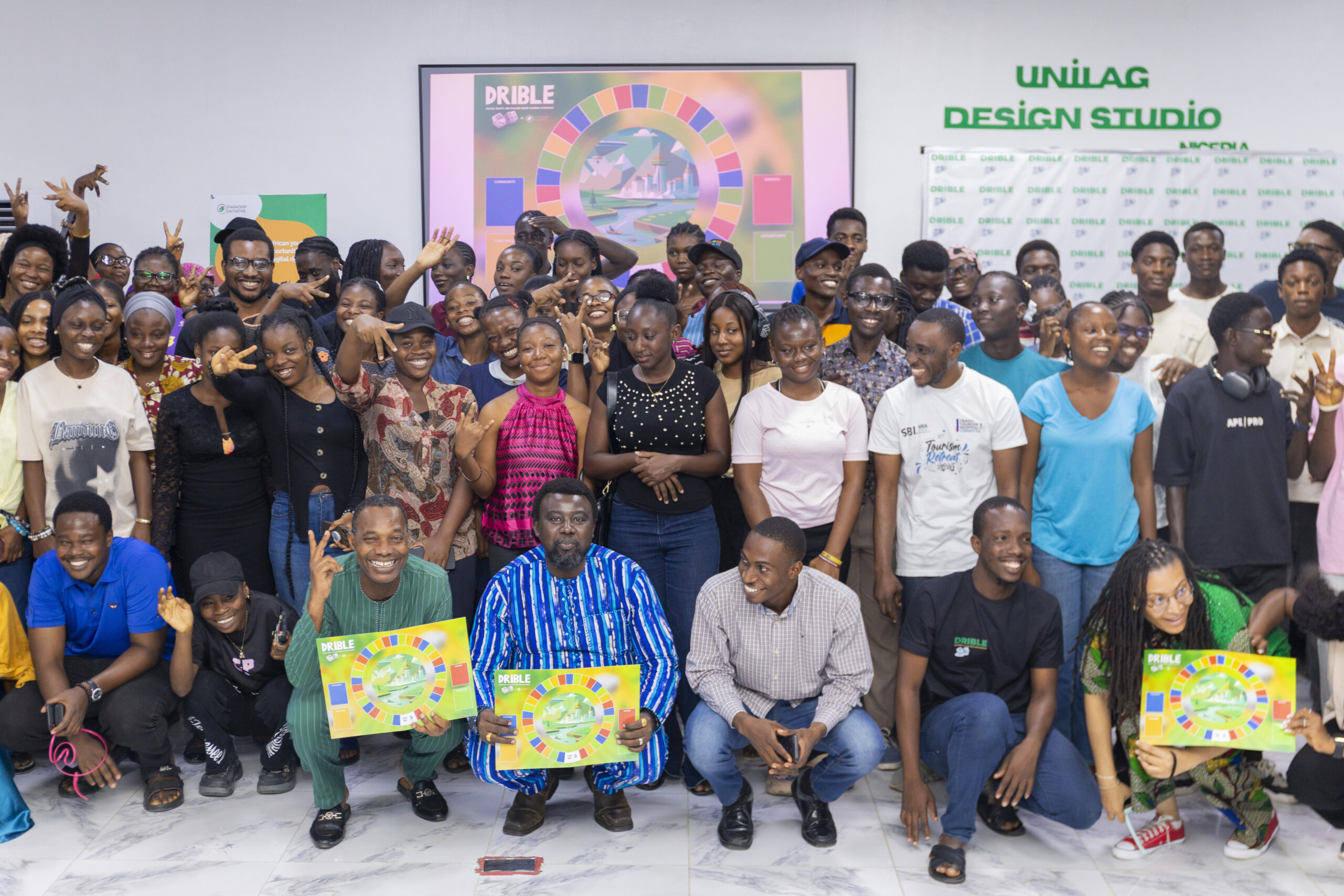Telecom
Tribunal Upholds FCCPC’s $220m Fine against Meta, WhatsApp
Competition and Consumer Protection Tribunal has upheld a $220 million fine imposed by the Federal Competition and Consumer Protection Commission (FCCPC) on Meta Platforms Inc. and WhatsApp LLC for data privacy violations in Nigeria.

The Tribunal also awarded $35,000 in investigative costs to the country’s Federal Competition and Consumer Protection Commission .
In a statement issued by the FCCPC, the Tribunal delivered its judgment in the appeal filed by Meta Platforms Incorporated (Facebook) and WhatsApp LLC against the Federal Competition and Consumer Protection Commission (FCCPC), affirming the Commission’s authority and ruling in favour of its actions on nearly all contested issues.
According to the statement by the FCCPC, “The Tribunal specifically determined that the Commission adhered to prevailing laws, fulfilled its mandate, and exercised its powers by the 1999 Constitution (as amended).
“It ruled that the multiple actions by WhatsApp and Meta, for which the Commission made findings of violations, were correctly identified, and that the Commission did not err in making those findings.”
The statement revealed that WhatsApp and Meta’s legal team was led by Professor Gbolahan Elias (SAN), while the FCCPC was represented by Babatunde Irukera.
It added that both legal teams presented their final arguments on behalf of their respective clients on January 28, 2025.
“The FCCPC had on July on July 19, 2024, issued a Final Order imposing a $220 million administrative penalty after concluding that the companies engaged in discriminatory and exploitative practices against Nigerian consumers, the investigation started in 2020.
“The case arose from a 38-month joint investigation initiated by the FCCPC and the Nigeria Data Protection Commission (NDPC) into the conduct, privacy practices, and consumer data policies of Meta Platforms and WhatsApp.
“Dissatisfied with the Order last year, Meta and WhatsApp appealed to the Tribunal, challenging both the legal basis and the findings of the Commission,” FCCPC said.
The Tribunal upheld the FCCPC’s authority and investigative procedures in Meta and WhatsApp’s appeal, resolving most of the contested issues in the Commission’s favour.
It confirmed that the FCCPC acted within its constitutional and statutory mandate, particularly regarding fair hearing, data protection, and consumer rights.
While it dismissed the majority of the appellants’ objections, it set aside one specific order (Order 7) for lacking sufficient legal basis.
While expressing satisfaction with the judgment, Tunji Bello, executive vice chairman/CEO, commended the Commission’s legal team for their exceptional diligence and forensic expertise in assembling evidence and presenting their case.
He reaffirmed the FCCPC’s unwavering commitment not only to protecting the rights of Nigerian consumers but also to promoting fair business practices in line with the FCCPA (2018) and the Renewed Hope Agenda of the Nigerian government.
Telecom
MTN’s ₦31.75Bn Investment in Health Lauded at Arthur Mbanefo Lecture

MTN Foundation has been spotlighted as a model for private sector-driven healthcare development in Nigeria, following commendations at the 6th Arthur Mbanefo Lecture held at the University of Lagos, Akoka.

Themed “A Healthy Nation is a Wealthy Nation: The Role of Impact Investments and Sustainable Financing in Nigeria,” the lecture featured Dr. Tolulope Adewole, Managing Director of NSIA Advanced Medical Services Limited (MedServe), as keynote speaker.
Dr. Adewole praised the Foundation’s strategic investments, noting that MTN commits 1% of its profit after tax annually to development sectors. “They’ve invested ₦31.75 billion, reaching over 32 million Nigerians. Though only 25% went to health, it accounted for 51% of all lives impacted. That’s catalytic,” he said.
He cited MTN’s dialysis centre programme as a transformative intervention for patients with kidney disease, and highlighted community-focused initiatives like the Y’ello Doctor mobile scheme and ‘What Can We Do Together’ (WCWDT) programme, which revitalised 164 Primary Healthcare Centres, including 44 in 2024 alone.
Executive Director of MTN Foundation, Odunayo Sanya, reflected on the COVID-19 pandemic’s exposure of systemic health vulnerabilities. “When COVID hit, we realised a health emergency is also an economic and social emergency,” she said.
Sanya revealed that of the 52 PHCs remodeled in 2024, only one had clean water. “I’m not a doctor, but I know you can’t live a good life without clean water,” she added, reaffirming the Foundation’s commitment to bridging healthcare gaps in underserved communities.
Telecom
PIN to Empower 20 Million Youths with New Digital Rights Board Game

Hundreds of university students across Africa are set to benefit from a new gamified learning experience on digital rights and inclusion launched by the leading pan-African non-profit organisation, Paradigm Initiative (PIN).

The Digital Rights and Inclusion Board Learning Experience (DRIBLE) is a game developed by Paradigm Initiative with support from the Open Society Foundations (OSF). The custom-designed board game provides young individuals with a fun and engaging entry point into digital rights and inclusion conversations, training sessions and storytelling tools.
The board game aims to build digital literacy, deepen understanding of online safety, and introduce young individuals to the organisation’s tools of impact. Currently being piloted in three universities: University of Lagos, Nigeria, the Catholic University of Eastern Africa (CUEA) in Nairobi, Kenya and the Dakar American University of Science and Technology (DAUST) in Dakar, Senegal, it will enhance interactions and create a holistic experience.
Speaking at the event launch at the University of Lagos, Nigeria, ‘Gbenga Sesan, Paradigm Initiative’s Executive Director, said: “PIN’s vision is to reach 20 million people through our Digital Inclusion and Digital Rights interventions. From Lagos, to Dakar, to Nairobi.. we will use the vehicle of our new Digital Rights and Inclusion Board Learning Experience (DRIBLE) which entails using gamification, training, multimedia materials, tools and other interventions to connect African youth with digital opportunities and protect their digital rights.”
‘Gbenga gave the keynote address on “Digital inclusion at PIN, our Past, Present and Future” and Nnenna Paul-Ugochukwu, the organisation’s Chief Operating Officer, said the goal of the learning experience would be instrumental in raising awareness of digital rights among the youth, building their capacity to address digital rights and inclusion issues in their communities. Prof. Olunifesi Adekunle Suraj shared a goodwill message with the students and other stakeholders.
Paradigm Initiative, which has been operational since 2007, started in a tiny cybercafe in Ajegunle, Lagos, Nigeria. Today, the organisation has expanded its wings to cover six African countries; Cameroon, Kenya, Nigeria, Senegal, Zambia and Zimbabwe, impacting the livelihoods of over 150,000 young Africans.
The launch of DRIBLE builds on the progress the organisation has made over the years in tackling the challenge of digital exclusion across Africa.
Paradigm Initiative’s tools of impact include Ripoti, a platform that enables individuals to report digital rights violations, Ayeta, a platform that provides digital security resources for stakeholders, more so human rights activists, defenders, journalists and other vulnerable groups, and the organisation’s latest short film, Whispers in the Wires.
Targeted at students, PIN rolled out a Campus Tour in the three universities on the continent starting July 15th, 2025.
Telecom
Meta Cracks Down on Fake Accounts, Deletes 10m Profiles

Meta, the parent company of Facebook, has intensified its crackdown on fake accounts and spam, announcing it removed over 10 million fake profiles and roughly 500,000 spam accounts in the first half of 2025.

The sweeping purge is part of Meta’s broader effort to combat impersonation, fake engagement, and content duplication, aiming to elevate authentic creators and improve the quality of content across its platforms.
In a blog post, Meta said: “We’re making progress. In the first half of 2025, we took action on around 500,000 accounts engaged in spammy behaviour or fake engagement. We also removed about 10 million profiles impersonating large content producers.”
Meta stressed that accounts which primarily repost or recycle content without meaningful edits will face penalties such as reduced reach and the loss of monetisation tools.
The company also warned that repeatedly sharing unoriginal content — whether videos, photos, or text — undermines the platform’s integrity by crowding out genuine voices and making it harder for new creators to grow.
To support authentic creators, Meta is rolling out new tools that automatically trace reposted content back to its original source. The company says this will help ensure rightful credit and give higher visibility to original posts.
“Pages and profiles that post mostly original content tend to enjoy wider distribution across Facebook. Simply stitching clips together or adding a watermark will no longer count as meaningful editing. Content that provides real value and tells an authentic story is likely to perform better,” Meta explained.
Creators are also being cautioned against uploading content that includes watermarks from other platforms. Such posts could see their reach restricted or lose monetisation privileges altogether.
As part of its latest update, Meta introduced post-level insights on the Professional Dashboard, allowing creators to monitor how individual posts perform. They can also check their Support Home screen to see if their content or earnings are facing restrictions.
In a parallel development, Google’s YouTube updated its monetisation guidelines, stating that content deemed mass-produced or excessively repetitive will no longer qualify for ad revenue. The announcement initially sparked concern among creators, who feared it was a blanket ban on AI-generated content. YouTube later clarified:
“We welcome creators using AI tools to enhance their storytelling, and channels that use AI in their content remain eligible to monetise.”
Both tech giants say these new policies are aimed at raising content standards and safeguarding genuine creators in a crowded and rapidly evolving digital landscape.

 E-Financial3 days ago
E-Financial3 days agoZenith Banks Leads as 8 Banks Suffer N156Bn Impairment Charges

 Telecom2 days ago
Telecom2 days agoMTN’s ₦31.75Bn Investment in Health Lauded at Arthur Mbanefo Lecture

 Telecom3 days ago
Telecom3 days agoMTN @ Swish Fusion Summit, Showcases 5G Rollout Strategy

 E-Business3 days ago
E-Business3 days agoOlatunji, NDPC Boss Calls for Integrated Strategy on Data Privacy, Cyber-Security

 E-Financial3 days ago
E-Financial3 days agoSEC Flags FF Tiffany as Ponzi Scheme

 E-Business3 days ago
E-Business3 days agoKaspersky Experts Warn of the Risks Hidden Behind QR Codes

 News3 days ago
News3 days agoUS Launches ‘Window on America’ @ Ogun Tech Hub

 News3 days ago
News3 days agoSEC Probes Ponzi Scheme Linked to FF Tiffany

























